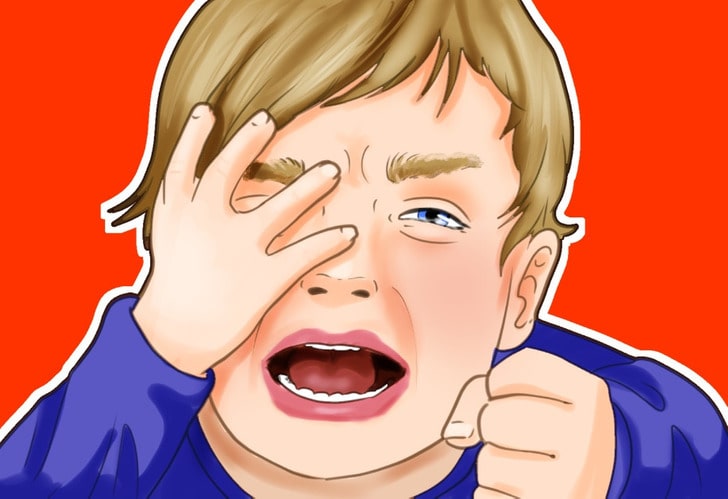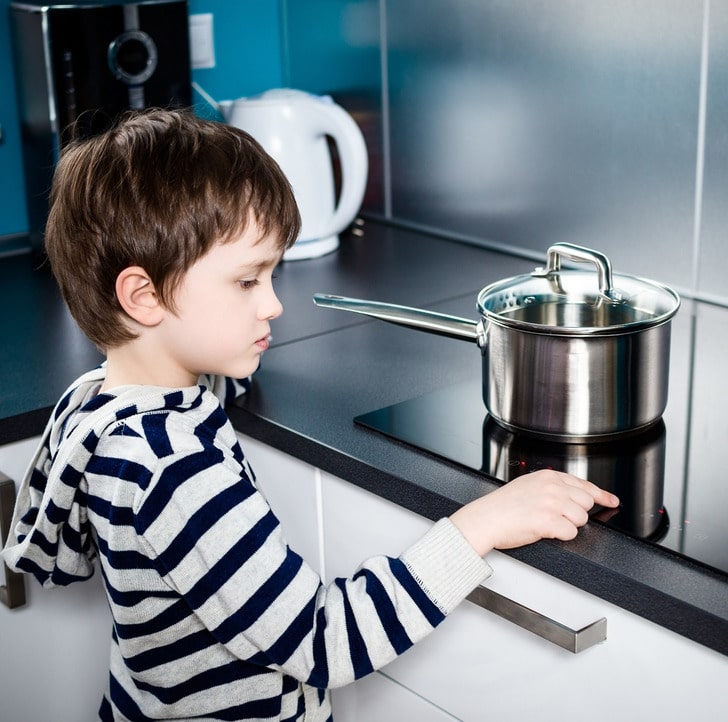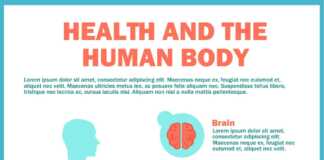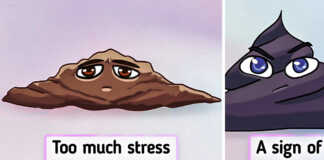It is normal for a child to have ups and downs, but parents should remember that if warning symptoms persist for more than a few weeks, it is best to seek professional help. Sometimes they can be signs of a mental disorder and only an expert can diagnose what exactly is happening to your child.
We wish all parents patience and wisdom, and we share some signs in children to watch out for if they last too long.
Anger and mood swings

Sudden overwhelming anger, mood swings, or fear for no reason, sometimes accompanied by a racing heart or rapid breathing, can be a sign of mental illness.
Yes, tantrums are common in toddlers, but most outgrow them by kindergarten. It is not normal for a child under the age of 4 to have more than 9 tantrums a week.
No concern for their own appearance
If your child does not take care of their appearance and lacks hygiene, it is not normal. Don’t let it go if you see your child ignoring cleanliness and looking messy.
Of course, children do not always like to clean themselves, but this is rather a constant or very pronounced manifestation.
Avoiding friends and family
Avoiding any social interaction, including family, could be a sign that something is up. If you notice that your child has begun to ignore school and even their best friends, it is best to consult a specialist who can help find the reason for this and help them get back on track.
Not doing things he or she used to enjoy
Another emotional sign is if your child liked to play certain games or loved certain foods but suddenly stopped enjoying them. Of course, their tastes may change, but be aware that your child may have other symptoms as well.
Increased risk-taking behavior
Fighting, extreme sports, and missing school are all symptoms of risky behavior. It’s more about ignoring the consequences of your behavior. Risk behavior generally peaks in adolescence and then declines with age. Please do not ignore these signs and seek professional help.
Frequent headaches or stomachaches
Physical signs can express themselves in actual physical pain, even if there is no clear medical cause. Your child may often experience headaches, stomach aches, nausea, or other physical pain.
Researchers have noted that childhood headaches are associated with various psychopathological states such as depression and anxiety.
How often do you see specialists about signs in your child that worry you? What would you do if your child started skipping school?










